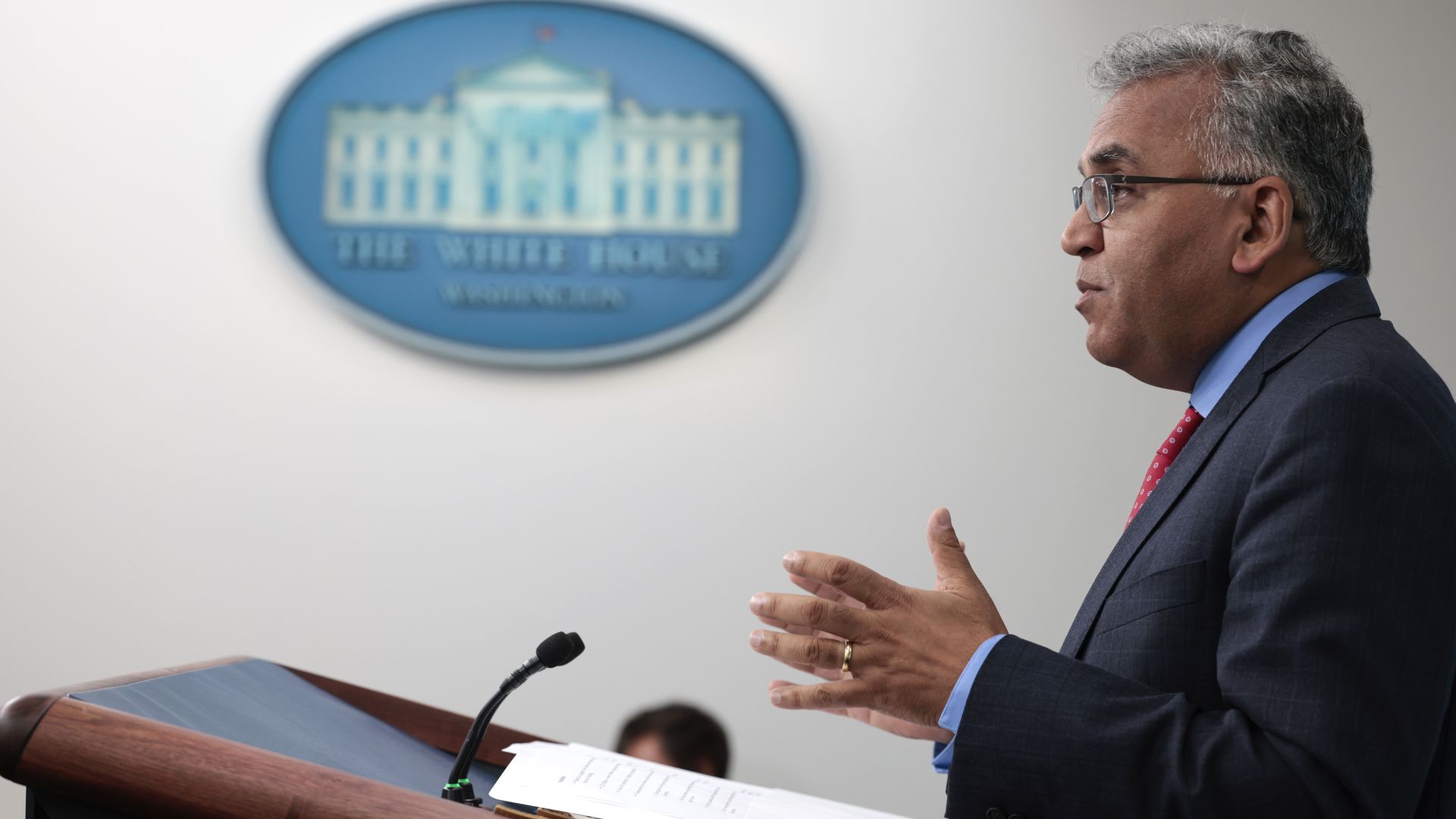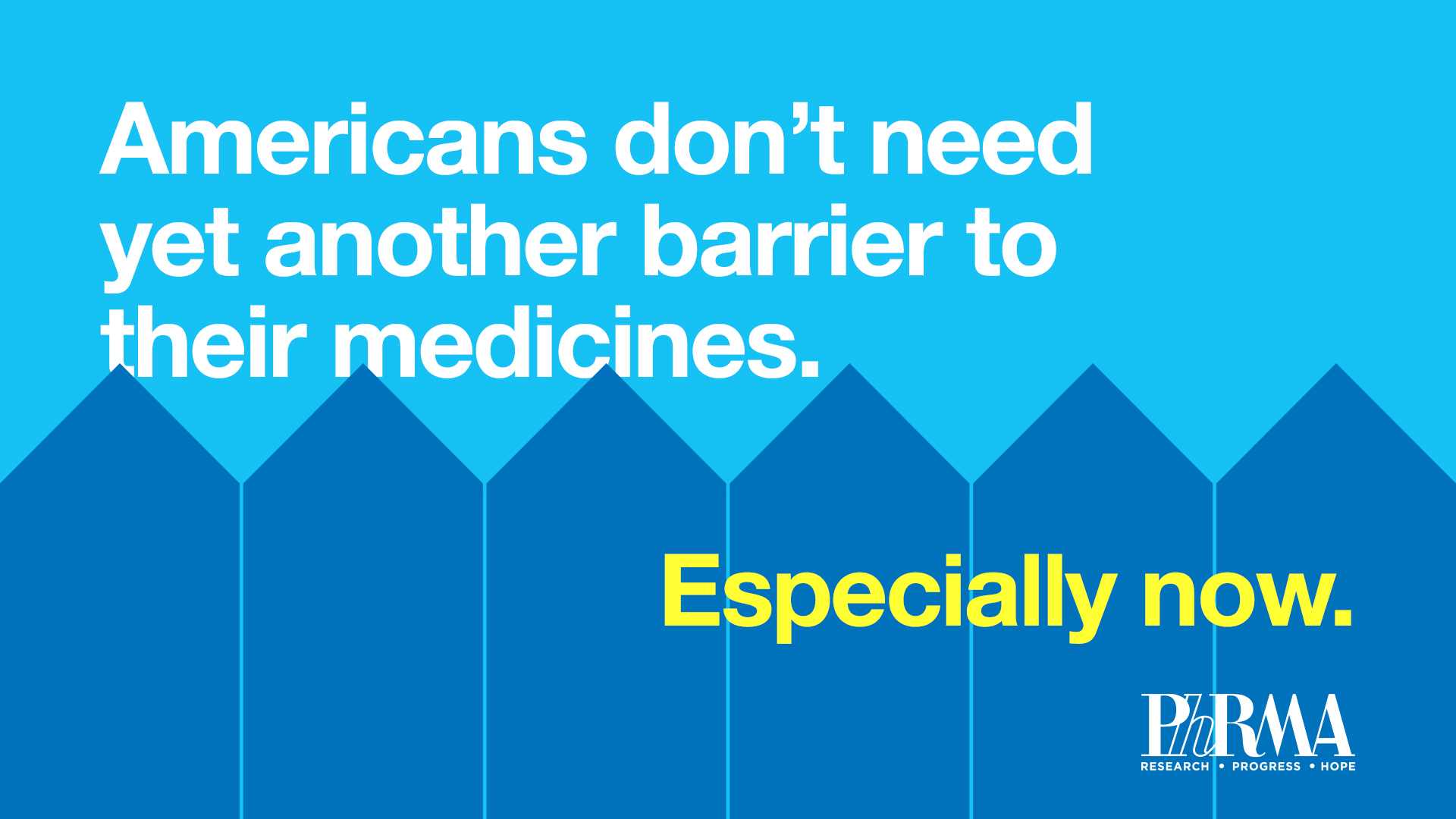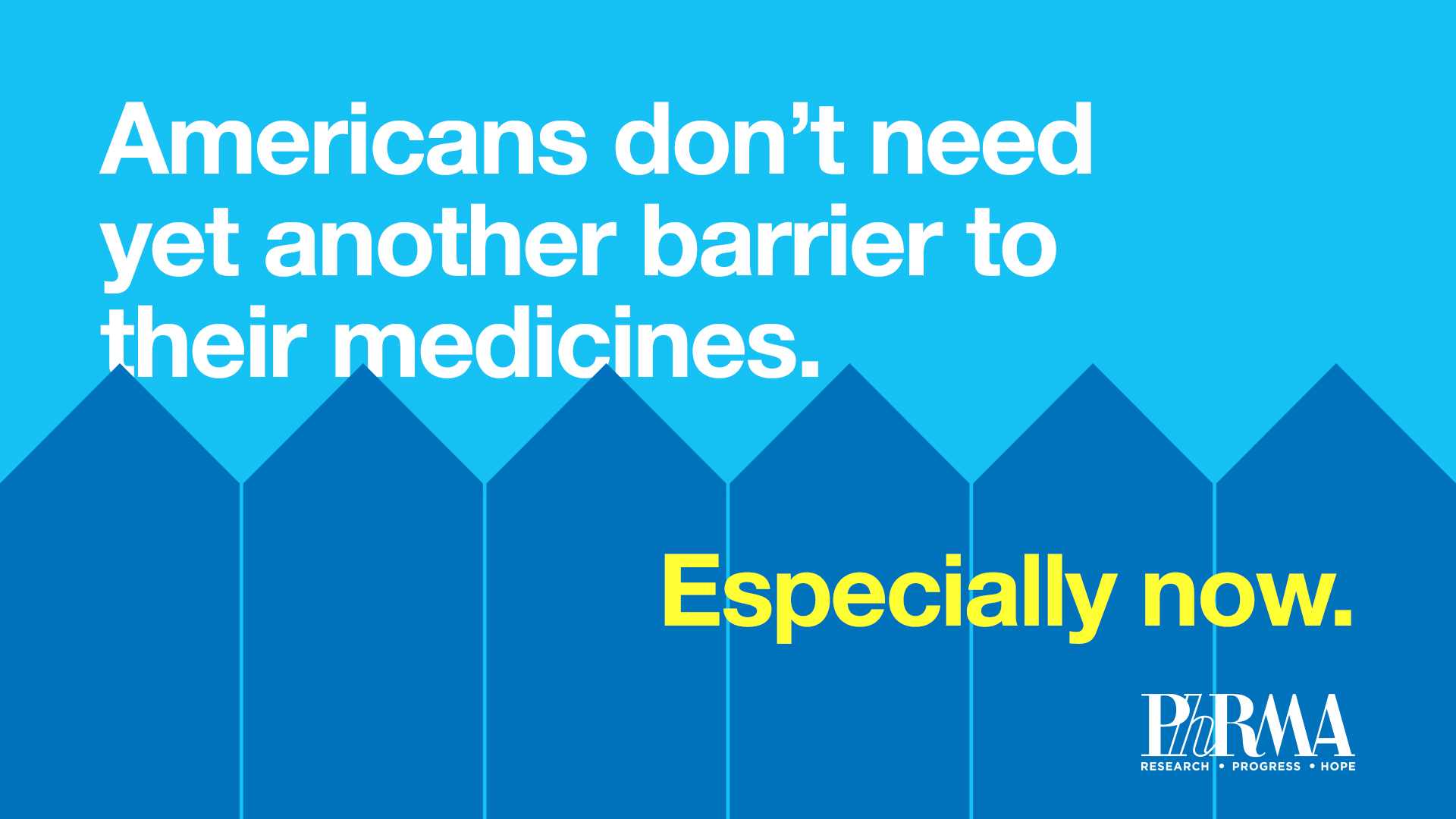| |
| |
| |
| Presented By PhRMA |
| |
| Axios Vitals |
| By Tina Reed · May 13, 2022 |
| 😎 Happy Friday, Vitals readers. Today's newsletter is 949 words or a 4-minute read. Up first today: How overturning Roe v. Wade could scramble the outlook for work-based health benefits. Speaking of benefits, I'll be out on Monday, taking advantage of the mental health day benefit Axios began offering employees at the onset of the pandemic. - I'll try to follow some of the advice offered up by the Wall Street Journal this week on how to truly use a day off to recharge.
|
| |
| |
| 1 big thing: Benefits may become tricky if Roe gets overturned |
 |
|
| Illustration: Maura Losch/Axios |
| |
| Corporate America is facing a flurry of questions about how it provides health benefits after a leaked U.S. Supreme Court draft indicated the federal right to abortion could be overturned. Why it matters: Businesses hoping reproductive health benefits can help recruit and retain employees would have to be careful not to run afoul of laws should states be allowed to ban abortions. - The balancing act over the next several months could get messy, experts warn.
What they're saying: "It's a serious issue for employers," said Candice Sherman, the CEO of the Northeast Business Group on Health. The group represents roughly 80 large companies such as American Express, Colgate, Moderna and Pfizer. - Limits on abortion coverage have the potential to impact the physical and mental health of workers and could come as many employers are addressing equity and inclusion for women, people of color and LGBTQ employees, Sherman said.
- That is often communicated by companies through benefit design.
State of play: Some large companies like Amazon, Apple and Lyft have already announced plans to provide workarounds in those states with abortion restrictions. Zoom in: One of the most immediate questions is what kind of employer-sponsored abortion coverage — as well as enhanced benefits like travel stipends — might create legal liabilities for companies in states that ban abortion. - "There's a question as to whether providing transportation benefits could be construed, or at least alleged by the states in enforcement, as aiding and abetting," said Garrett Hohimer, director of policy and advocacy for the Business Group on Health. That group counts corporations like The Walt Disney Co., Walmart and General Motors among its members.
Yes, but: Companies like Citigroup that pay for out-of-state abortions have already been threatened with the loss of business. Go deeper. |
    |
| |
| |
| 2. White House warns of future vaccine shortage |
 |
|
| White House coronavirus response coordinator Ashish Jha. Photo: Anna Moneymaker/Getty Images |
| |
| White House COVID-19 response coordinator Ashish Jha said Thursday that the U.S. will be "vulnerable" to coronavirus without more COVID booster shots to keep Americans safe, Axios' Herb Scribner writes. Why it matters: The White House has been ramping up its push for emergency COVID funding to pay for, among other things, more vaccines as immunity wanes and variants become more transmissible. What he said: "As we get to the fall, we are all going to have a lot more vulnerability to a virus that has a lot more immune escape than even it does today and certainly than it did six months ago," Jha told the Associated Press. "That leaves a lot of us vulnerable." - "I would say we're really kind of at that deadline and waiting much longer just puts us further back of the line," Jha told the AP.
- "If we're willing to be in the back of the line and get our vaccines in the spring, we have plenty of time. But then we'll have missed the entire fall and winter. That's not an acceptable outcome, I think, for the American people," he said.
The big picture: His comments came the same day the U.S. and other world leaders pledged more than $3 billion in new funding to fight the pandemic globally at the Biden administration's second Global COVID-19 Summit. |
    |
| |
| |
| 3. Nurses march on Washington |
 |
|
| Photo: Kevin Dietsch/Getty Images |
| |
| Hundreds of nurses, medical professionals and supporters rallied in front of the White House and marched toward the Capitol on Thursday, calling for legislation to help protect nurses' working conditions, including a cap on patient-to-nurse ratios. What they're saying: "We're already short-staffed, we're already working long hours, and COVID was really taxing on us. We're just trying to fight for safe ratios and staffing," Fawn Mercer, who traveled to Washington, D.C., from Maine, told ABC 7 News. The big picture: The rally added to the growing number of actions being taken by frontline health care workers around the U.S. - It comes as health providers grapple with worker shortages and burnout tied to the pandemic response, all amid record inflation.
- Of the approximately 140,000 workers who went on strike last year, about half were employed in the healthcare sector, CBS News reported in February.
- Earlier this week, nurses at Cedars-Sinai in Los Angeles began a strike. It came just weeks after a strike up at Stanford Health Care and Packard Children's Hospital which ended after the workers and hospitals came to an agreement.
|
    |
| |
| |
| A message from PhRMA |
| Insured Americans face barriers to care |
| |
 |
| |
| Nearly half of insured Americans who take prescription medicines encounter barriers that delay or limit their access to medicines. Learn more about the abusive insurance practices that can stand between patients and the care they need in PhRMA's new report. |
| |
| |
| 4. Quote du jour |
| "These families can now live with the knowledge that this was not their fault." — Carmel Harrington, the lead researcher for a study published in eBioMedicine, which identified a biomarker that explains why some babies die of sudden infant death syndrome, or SIDS. |
    |
| |
| |
| 5. Catch up quick |
| 🍼 Biden administration officials vowed to tackle baby formula shortages that have worried parents around the nation. Confused about how we got here? Check out this explainer. (Axios) 🦠 North Korea has reported its first COVID-19 death. North Korean leader Kim Jong-un declared a "severe emergency incident" and launched a nationwide lockdown on Thursday. (Axios) 💉 The U.S. agreed to license a key technology used in the current COVID-19 vaccines to the World Health Organization. The deal will allow manufacturers around the world to work with the global health agency to develop their own shots against the virus. (CNBC) |
    |
| |
| |
| 6. Dog of the week |
 |
|
| Luna. Photo: Timothy Epple |
| |
| Meet Luna, a 4-month-old Dalmatian who's currently based in Austin, Texas while her mom and dad are still working remotely for their D.C.-based employers. - "When she's not posing (willingly or otherwise) for pictures, she loves meeting people on South Congress, stealing French Fries off any plate she can reach, and playing fetch in the park," writes dad Timothy Epple, who is a managing director at Avalere Health.
- "She is also surprised at how many people still bring up 101 Dalmatians and talk about turning her into a coat." Yikes, Luna!
|
    |
| |
| |
| A message from PhRMA |
| Voters want Congress to address health insurance |
| |
 |
| |
| A decisive majority of Americans (86%) agree Congress should crack down on abusive health insurance practices impacting patients' access to care. Why it's important: Greater transparency and accountability within the current health insurance system. Read more in new poll. |
| |
 | It's called Smart Brevity®. Over 200 orgs use it — in a tool called Axios HQ — to drive productivity with clearer workplace communications. | | |








No comments:
Post a Comment